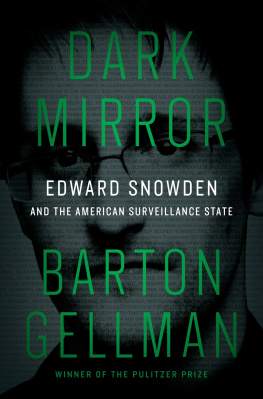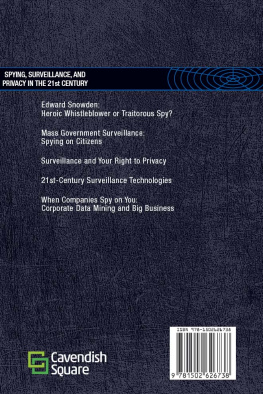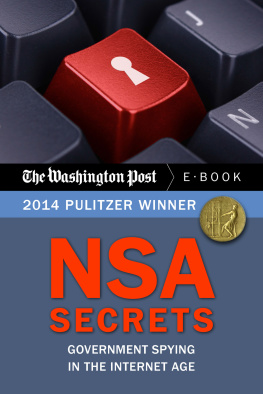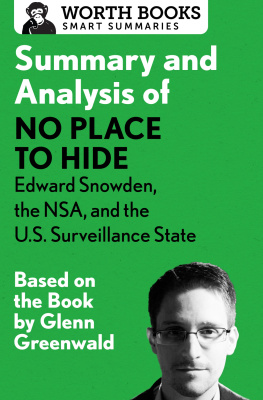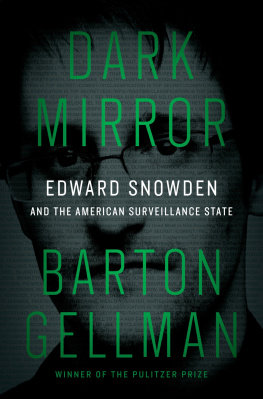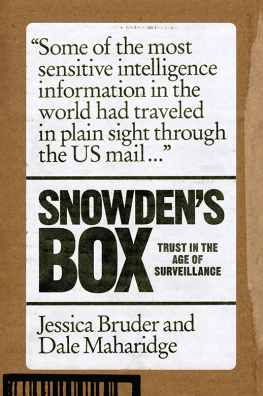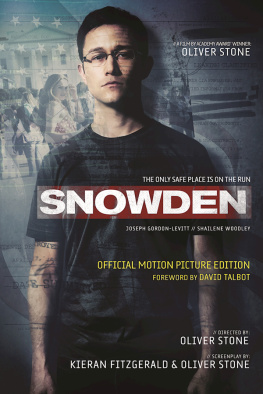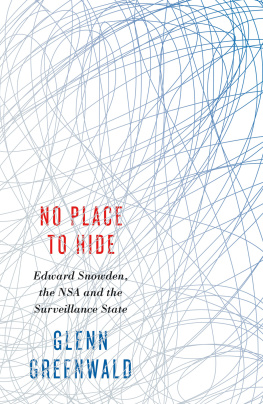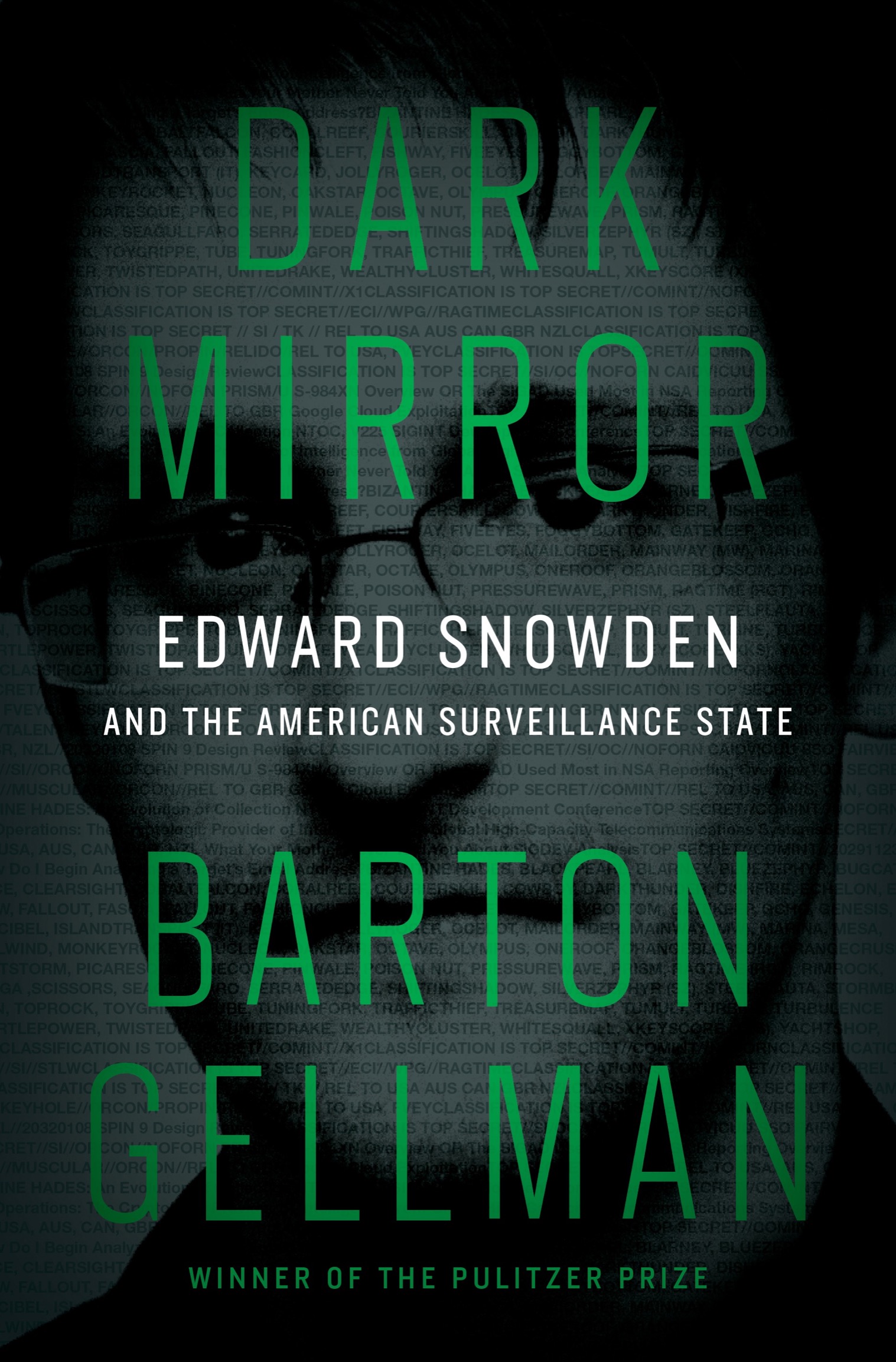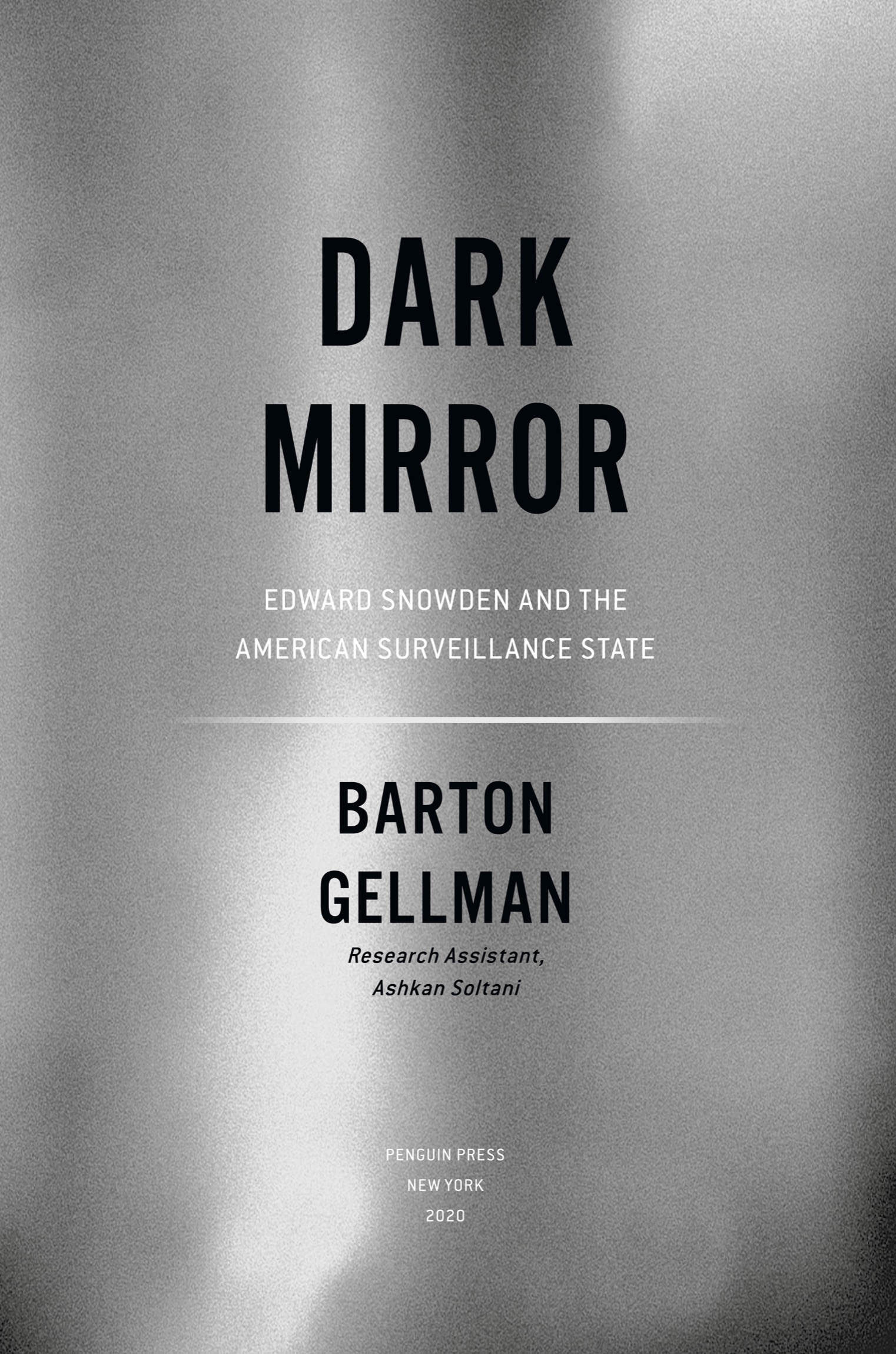Barton Gellman - Dark Mirror: Edward Snowden and the American Surveillance State
Here you can read online Barton Gellman - Dark Mirror: Edward Snowden and the American Surveillance State full text of the book (entire story) in english for free. Download pdf and epub, get meaning, cover and reviews about this ebook. year: 2020, publisher: Penguin Press, genre: Detective and thriller. Description of the work, (preface) as well as reviews are available. Best literature library LitArk.com created for fans of good reading and offers a wide selection of genres:
Romance novel
Science fiction
Adventure
Detective
Science
History
Home and family
Prose
Art
Politics
Computer
Non-fiction
Religion
Business
Children
Humor
Choose a favorite category and find really read worthwhile books. Enjoy immersion in the world of imagination, feel the emotions of the characters or learn something new for yourself, make an fascinating discovery.
- Book:Dark Mirror: Edward Snowden and the American Surveillance State
- Author:
- Publisher:Penguin Press
- Genre:
- Year:2020
- Rating:3 / 5
- Favourites:Add to favourites
- Your mark:
Dark Mirror: Edward Snowden and the American Surveillance State: summary, description and annotation
We offer to read an annotation, description, summary or preface (depends on what the author of the book "Dark Mirror: Edward Snowden and the American Surveillance State" wrote himself). If you haven't found the necessary information about the book — write in the comments, we will try to find it.
Edward Snowden chose three journalists to tell the stories in his Top Secret trove of NSA documents: Barton Gellman of The Washington Post, Glenn Greenwald of The Guardian and filmmaker Laura Poitras, all of whom would share the Pulitzer Prize for Public Service. Poitras went on to direct the Oscar-winning Citizen Four. Greenwald wrote an instant memoir and cast himself as a pugilist on Snowdens behalf.
Barton Gellman took his own path. Snowden and his documents were the beginning, not the end, of a story he had prepared his whole life to tell. More than 20 years as a top investigative journalist armed him with deep sources in national security and high technology. New sources reached out from government and industry, making contact on the same kinds of secret, anonymous channels that Snowden used. Gellmans old reporting notes unlocked new puzzles in the NSA archive. Long days and evenings with Snowden in Moscow revealed a complex character who fit none of the stock images imposed on him by others.
Gellman now brings his unique access and storytelling gifts to a true-life spy tale that touches us all. Snowden captured the public imagination but left millions of people unsure what to think. Who is the man, really? How did he beat the worlds most advanced surveillance agency at its own game? Is government and corporate spying as bad as he says?
Dark Mirror is the master narrative we have waited for, told with authority and an inside view of extraordinary events. Within it is a personal account of the obstacles facing the author, beginning with Gellmans discovery of his own name in the NSA document trove. Google notifies him that a foreign government is trying to compromise his account. A trusted technical adviser finds anomalies on his laptop. Sophisticated impostors approach Gellman with counterfeit documents, attempting to divert or discredit his work. Throughout Dark Mirror, the author describes an escalating battle against unknown digital adversaries, forcing him to mimic their tradecraft in self-defense.
Written in the vivid scenes and insights that marked Gellmans bestselling Angler, Dark Mirror is an inside account of the surveillance-industrial revolution and its discontents, fighting back against state and corporate intrusions into our most private spheres. Along the way it tells the story of a government leak unrivaled in drama since All the Presidents Men.
Barton Gellman: author's other books
Who wrote Dark Mirror: Edward Snowden and the American Surveillance State? Find out the surname, the name of the author of the book and a list of all author's works by series.

